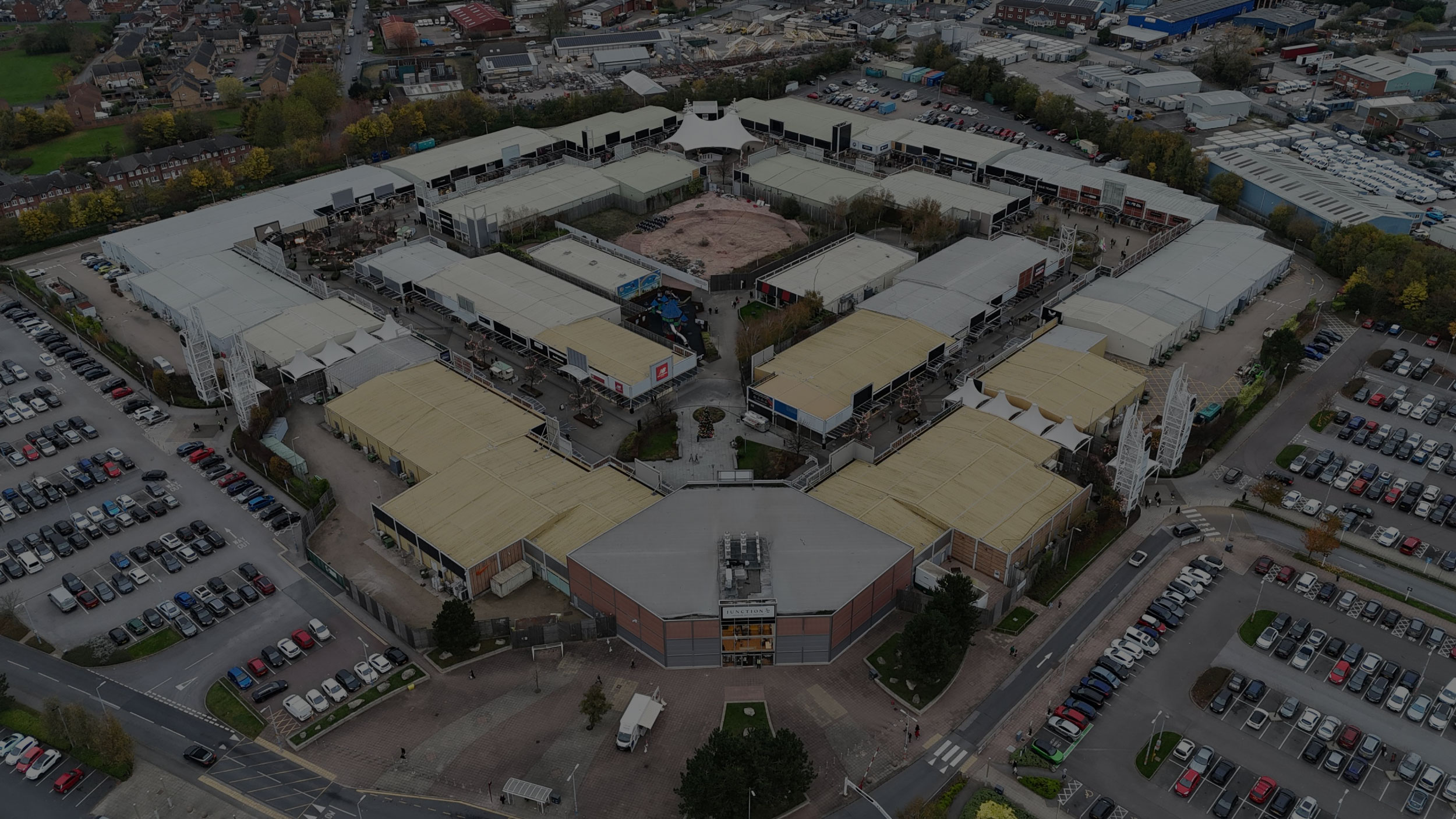Looking for an IOSH or NEBOSH course? Browse our 2026 courses here.
Fire Safety
Services
Comprehensive Fire Risk Management & Compliance Solutions

Fire Safety
Protecting People, Property & Compliance with Fire Safety Expertise
Fire safety is a legal obligation and a critical responsibility for all building owners, facilities managers, managing agents and any other Duty Holder. Ensuring fire safety compliance requires expert insight, proactive strategies, and a fully managed approach.
Ligtas provides nationwide fire safety consultancy services, helping organisations mitigate fire risks, meet regulatory obligations, and enhance life safety measures. Our team of fire safety specialists, led by our Head of Fire, delivers tailored solutions backed by cutting-edge compliance software and industry best practices.
Why Us
Why Choose Ligtas?

Fully Managed Fire Safety Solutions
From risk assessments to retrospective fire strategies, we provide end-to-end support.
Regulatory Compliance
We ensure your organisation meets the relevant legislation, regulations, ACoPs and guidance for your country.
Nationwide Expertise
Our fire safety consultants operate across the UK, delivering consistent, high-quality assessments.
Technical Fire Safety Leadership
Our accredited fire professionals ensure precision and compliance.
Digital Reporting & Compliance Software
Seamless documentation, audit trails, and fire risk tracking for full visibility.
Compliance
Fire Safety Compliance & Risk Mitigation
Failure to comply with fire safety regulations can lead to prosecution, business disruption, and loss of life. Ligtas helps organisations meet fire safety obligations under the relevant legislation, regulations, ACoPs and guidance wherever you are based.

Regulatory Reform (Fire Safety) Order 2005
Building Safety Act 2022
Fire Safety (England) Regulations 2022
BS 9999 – Fire Safety in the Design, Management & Use of Buildings
BS 7974 – Application of Fire Safety Engineering Principles
Our fire safety consultants support responsible persons, facilities managers, and duty holders in meeting their legal responsibilities while safeguarding lives and assets.
Services
Our Fire Safety Services
Fire Risk Assessments (FRA)
A legal requirement for most buildings, our fire risk assessments identify hazards, evaluate risks, and recommend control measures.
- Commercial Fire Risk Assessments
- Residential Type 1 Fire Risk Assessments (common areas of flats)
- Output: A structured fire risk assessment report with risk ratings, compliance actions, and recommendations.
Retrospective Fire Strategy Development
A Retrospective fire strategy ensures that buildings can be managed in line with fire safety legislation , providing a clear framework for fire prevention, fire protection, fire safety management and evacuation planning.
- Commercial Fire Strategies
- Residential Fire Strategies
- Output: A bespoke fire strategy document outlining fire prevention requirements, fire protection requirements, fire safety management and evacuation planning.
Fire Compartmentation Audits
Fire compartmentation is essential for preventing the spread of fire and smoke. Our compartmentation audits ensure that fire-compartment walls and floors are complete, as well as checking fire-stopping products are correctly installed and maintained.
- Output: A comprehensive compartmentation report with photographic evidence and risk-based recommendations.
Fire Door Inspections
Fire doors play a critical role in passive fire protection. Regular inspections are a legal requirement under Fire Safety (England) Regulations 2022 for residential buildings in England and a legal requirement in commercial buildings under the relevant legislation.
- Output: Fire door compliance report, including certification checks, damage assessments, and remediation actions.
Fire Evacuation Procedures & Fire Drills
Effective fire evacuation planning is key to ensuring safe building exits in an emergency. Ligtas develops evacuation strategies and conducts fire drills for regulatory compliance.
- Output: Custom evacuation procedures and fire drill reports with compliance insights.
Fire Safety Manuals & Policies
Ligtas develops structured fire safety manuals and policies to help organisations maintain best practices and compliance frameworks.
- Output: A detailed fire safety management document covering fire response plans, maintenance schedules, and staff responsibilities.
Get in Touch
For full details on each service, contact us
Trusted Service
Accreditations &
Industry Standards
Ligtas holds industry-leading certifications and accreditations, ensuring quality, compliance, and trusted service delivery.

BAFE SP205-1
Certified
ISO9001 –
Quality Management
ISO14001 –
Environmental Management
ISO27001 –
Information Security
ISO45001 –
Occupational Health & Safety
These accreditations demonstrate our commitment to maintaining the highest health and safety standards.
Case Studies
Case Studies & Success Stories
See how Ligtas has helped organisations improve health and safety compliance, reduce risks, and protect their workforce.
Contact
Ensure Fire Safety Compliance Today
Take proactive steps to protect your workforce, reduce risks, and meet regulatory requirements with expert consultancy from Ligtas.






